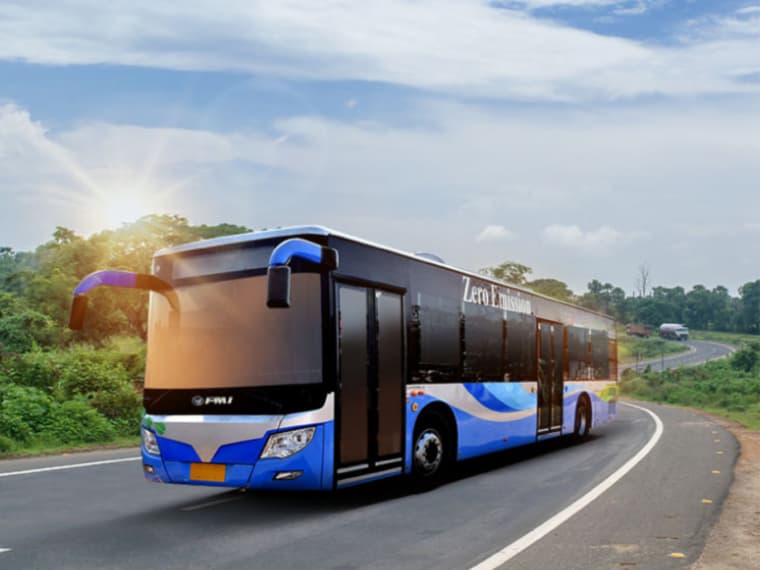
The ebus maker plans to utilise the fund to develop more innovative solutions, bring technological advancements to its production capabilities, and scale operations
PMI Electro Mobility has received this funding from the Performing Credit Fund, a sector-agnostic fund of Piramal Alternatives in the form of convertible securities
The company claims to have over 1,200 ebuses plying across 10 states including New Delhi, Uttar Pradesh, Goa, Maharashtra, West Bengal, and Kerala
Electric bus manufacturer PMI Electro Mobility Solutions has raised INR 250 Cr in a strategic funding round from Piramal Alternatives, the fund management business of the Piramal Group.
The funding has been led by Performing Credit Fund (PCF), a sector-agnostic fund of Piramal Alternatives in the form of convertible securities.
The company aims to utilise the funding to develop more innovative solutions, bring technological advancements to its production capabilities, and scale its operations.
Founded in 2017, PMI Electro Mobility has over 1,200 electric buses plying across 10 states, including New Delhi, Uttar Pradesh, Himachal Pradesh, Goa, Maharashtra, West Bengal, Odisha, Gujarat, Kerala, and others.
Emphasising the growing need for electric buses on Indian roads, Aanchal Jain, CEO of PMI Electro Mobility, said, “With an order book of 2,500 buses that is expected to constantly grow going forward, the investment from Piramal Alternatives will greatly enhance our technological capabilities, and catapult our growth trajectory manifold.”
“The advent of ebus for transport, though nascent now, is poised for rapid growth in the coming time,” said Kalpesh Kikani, CEO of Piramal Alternatives, speaking on the investment. “We will keep looking at potential opportunities for investments in the EV space, particularly those that create a long-term positive impact keeping in mind environment, social and governance considerations,” Kikani said.
In the electric bus manufacturing space in the country, PMI Electro Mobility competes with Olectra, Switch Mobility, and Tata Motors, among a few others.
We must note that electric buses have been receiving a special focus, with both centre and most state governments making EV policies to reduce carbon emissions.
The union ministry recently approved a new PM-eBus Sewa scheme to deploy 10,000 electric buses in 169 cities on a public-private partnership (PPP) model. The Scheme has an estimated cost of INR 57,613 Cr, of which the central government will provide support of INR 20,000 Cr.
Central government’s FAME-II scheme was also expected to incentivise the deployment of 7,090 electric buses. With a new FAME-II scheme reportedly in progress, electric buses are expected to receive further incentivisation from the government.




 Fintech
Fintech Travel Tech
Travel Tech Electric Vehicle
Electric Vehicle Health Tech
Health Tech Edtech
Edtech IT
IT Logistics
Logistics Retail
Retail Ecommerce
Ecommerce Startup Ecosystem
Startup Ecosystem Enterprise Tech
Enterprise Tech Clean Tech
Clean Tech Consumer Internet
Consumer Internet Agritech
Agritech




























